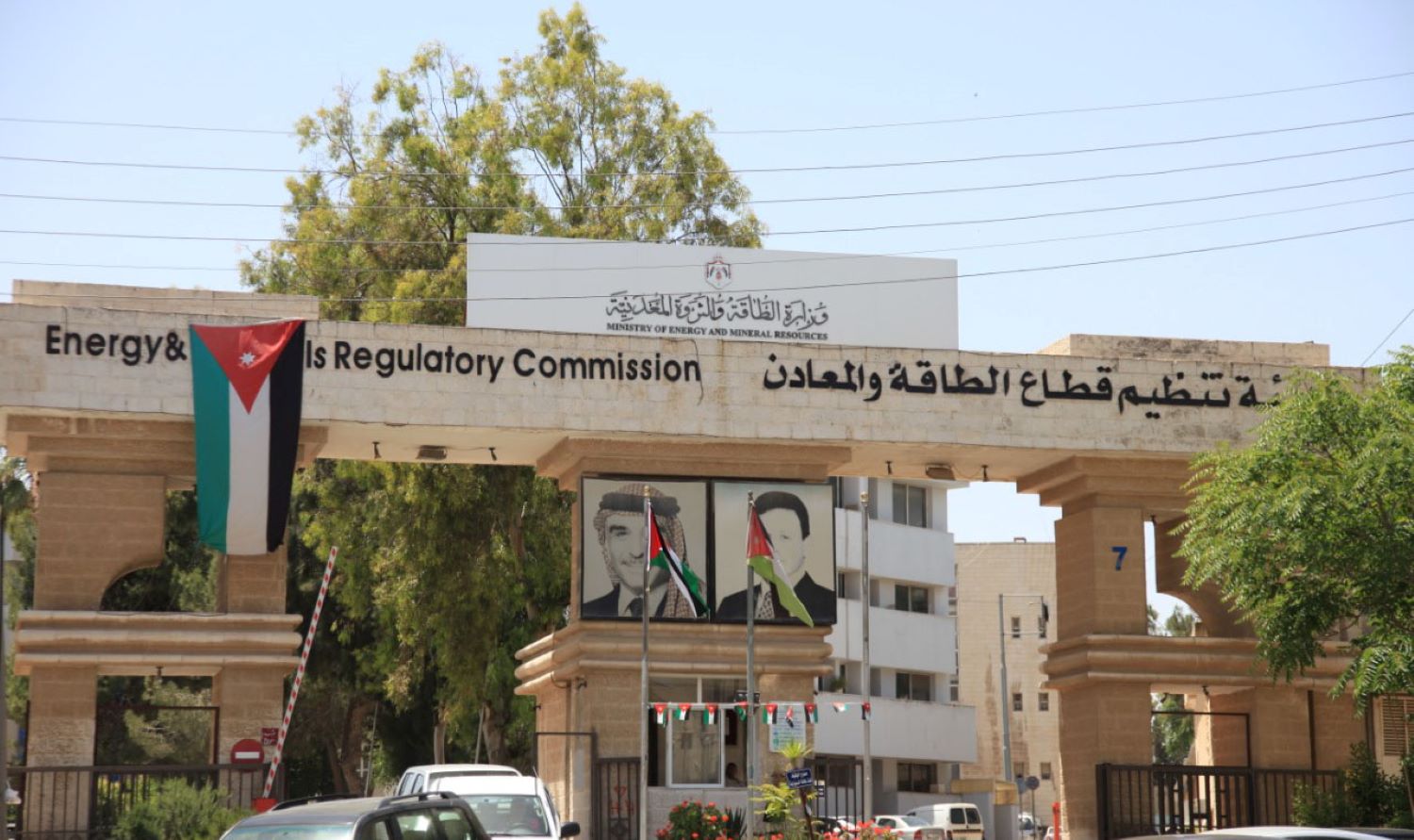AMMAN, JORDAN – The Energy and Minerals Regulatory Commission (EMRC) has issued over 300 authorizations for the installation of electrical metering devices dedicated to electric vehicle charging infrastructure, with the current tally of licensed EV charging facilities standing at 63 across the Kingdom.
EMRC records indicate a distribution of 49 publicly accessible charging stations alongside 14 privately owned stations.
Additionally, there exists the capacity for the installation of multiple charging units at a single site, with 230 charging facilities currently holding establishment permits and undergoing the final stages of their licensing process.
Engineer Zaid Saaida, the Chief of the EMRC, highlighted the introduction of incentive schemes aimed at fostering investment within the EV charging domain, particularly emphasizing the deployment of rapid and ultra-rapid charging technologies.
He said that the development of the EV charging infrastructure is aligned with the national strategy for economic modernization, which includes a detailed plan to bolster green mobility initiatives.
In the preceding year, EMRC processed 145 new applications for licensing or permit issuance pertaining to both public and private EV charging stations.
This comprised 132 applications for public charging station permits, six for private station permits and seven for public station licenses.
EMRC reviewed 10,618 applications across various sectors for licensing within the same period, rejecting 72 of these applications due to non-compliance with regulatory standards.
The past year also saw a significant uptick in electric vehicle registrations, with a 146 percent increase recorded, elevating the count to 38,277 vehicles from the previous year’s 15,576.
Conversely, registrations for gasoline-powered vehicles saw a decline of 28 percent, totaling 11,263, down from 15,634 in 2022.
Diesel vehicle registrations similarly fell by 14 percent, amounting to 8,104 compared to 9,456 in the preceding year.

